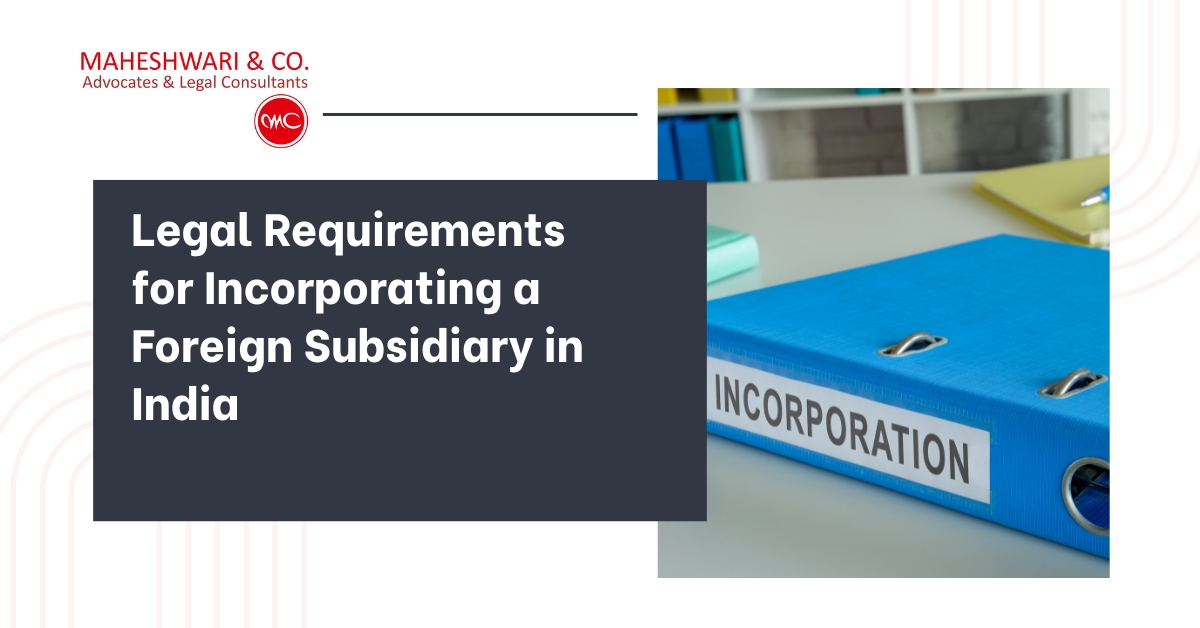Opening a Business Bank Account in India: A Legal Guide for Entrepreneurs
When you’re stepping into the Indian business arena, one of the crucial tasks is to open a business bank account in India. This account is…
Emerging Trends in Digital Copyright Law in India
The Digital Copyright Law in India In the digital era, where everything is a click away, copyright has taken on a whole new dimension. The…
Key Differences Between Private Limited and Public Limited Companies in India
In India’s corporate legal landscape, the distinction between Private Limited and Public Limited Companies in India is more than just a matter of semantics—it speaks…
Understanding the Role of Directors in an Indian Company
The role of Directors in an Indian Company is as intricate as it is pivotal, forming the bedrock of corporate governance. In a country where…
Key Documents Required for Company Formation in India
Company formation in India is governed primarily by the Companies Act, 2013, which provides the regulatory framework for the formation, governance, and dissolution of companies. …
Common Mistakes to Avoid During Company Incorporation in India
Incorporating a company in India is a critical legal process governed by the Companies Act, 2013. With numerous regulatory frameworks, compliance mandates, and procedural complexities,…
Legal Requirements for Incorporating a Foreign Subsidiary in India
The establishment of a foreign subsidiary in India is governed by a structured regulatory framework. The Incorporating a Foreign Subsidiary in India process involves compliance…
Private Limited Company Registration in India
Private Limited Company Registration in India is a legal process governed by the Companies Act, 2013, and is one of the most popular forms of…
Market Entry Strategies for Foreign Startups: Analyzing Successful Case Studies in India
When considering entry strategies for foreign startups in India, it is important to understand the legal structures available under Indian law, such as wholly-owned subsidiaries,…








